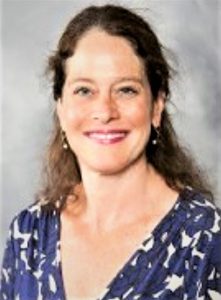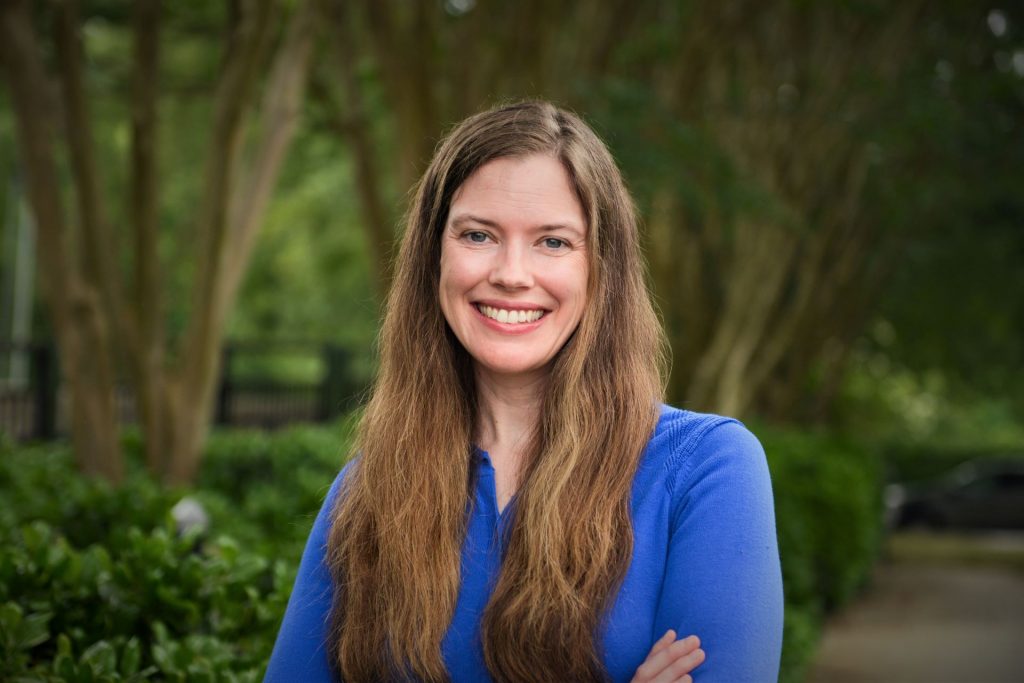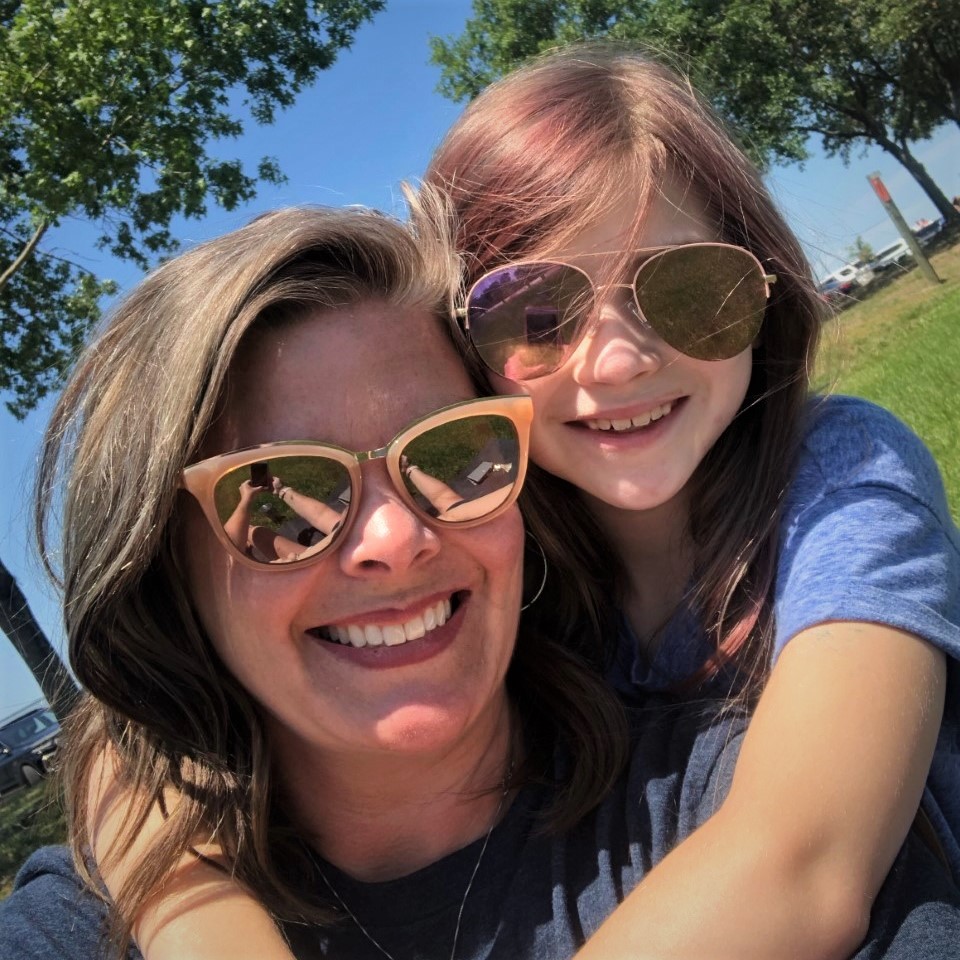NOTE: October is Learning Disabilities / Dyslexia / Attention Deficit Hyperactivity Disorder Awareness Month.
By Kayla Queen, a member of the Young Adult Leadership Council of the National Center for Learning Disabilities
When attempting to draw conclusions as to why I have been spared from many of the unfavorable statistics encountered by large percentages of people with learning disabilities, I have been able to explain it in part by the self-worth I was taught to have for myself and the times I have felt valued in school.









